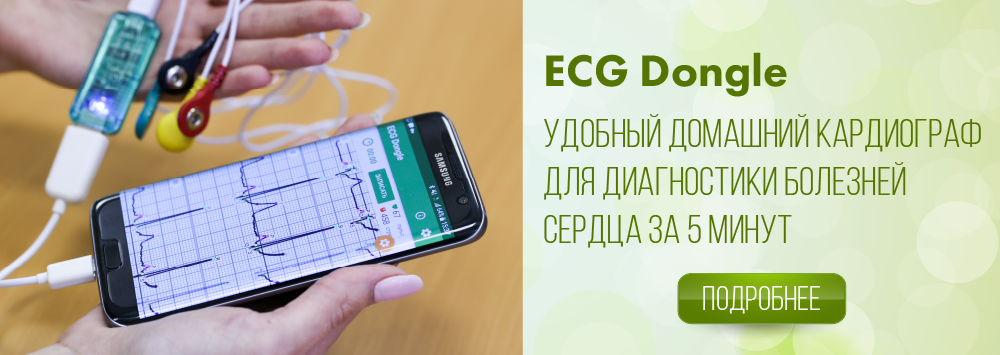Ventricular fibrillation and ventricular flutter
Материал из CardioWiki
Ventricular fibrillation and ventricular flutter are a frequent rhythmic excitation of the ventricles because of the constant steady circular motions of the impulse (re-entry) in them. Most often, ventricular flutter goes into ventricular fibrillation.
During the flutter and fibrillation of the ventricles, the circulation stops, which is manifested by:
- loss of consciousness;
- stopping of breathing;
- disappearance of the pulse on large arteries;
- pallor of limbs and bluing of limbs;
- convulsions;
- biological death (occurs in 5-6 minutes, if urgent medical treatment is not performed).
Since flutter and fibrillation of the ventricles are extremely dangerous for life, treatment should be started as soon as possible.
Causes
In most patients, flutter and fibrillation of the ventricles develop due to various heart diseases, as well as non-cardiac diseases.
- Ischaemic heart disease (It is a disease caused by insufficient blood supply and oxygen supply to the heart), including myocardial infarction (death of heart tissue due to a violation of its blood supply).
- Hypertension (It is a steady increase in blood pressure above 140/90 mm Hg).
- Myocarditis (It is affection (inflammation) of the heart muscle, which occurs most often because of an infectious disease).
- Heart defects (violation of heart structure)
- Cardiomyopathy (It is a disease in which there is a change in the structure and function of the heart muscle, the cause is most often unknown).
- Intoxication (poisoning) and side effects of certain medicines.
- The impact of electric current (electric shock, lightning).
- Hypothermia.
- Hypoxia (It is a lack of oxygen in the body tissues).

